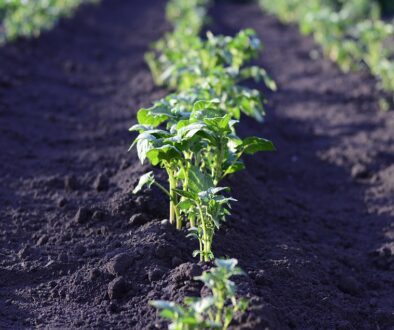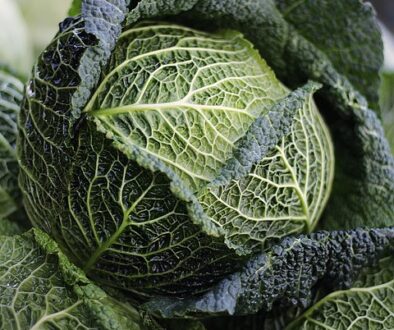Article by: Suzette Morshead
Essential Vegetable Gardening Advice for Beginners
Starting a vegetable garden is one of the most rewarding hobbies you can take up. Watching your plants grow from tiny seeds into lush, productive crops is not only satisfying but also provides fresh, healthy food for your family. If you’re new to gardening, the process can seem a bit daunting at first. However, with the right advice and preparation, you’ll soon be harvesting your own vegetables and enjoying the fruits of your labor.
Personal Story: My First Garden Adventure
I still remember the first time I decided to plant a vegetable garden. I was armed with enthusiasm but little knowledge. My initial plot was a small patch in my backyard, and I started with some tomatoes, carrots, and lettuce. In those early days, I made plenty of mistakes – watering too much or too little, not knowing which plants needed more sunlight, and even forgetting to thin out seedlings. But with trial and error, I learned valuable lessons. By the end of that first season, I had a decent harvest that tasted incredibly fresh and rewarding. That experience sparked a lifelong passion for gardening that continues to grow with each season.
Essential Vegetable Gardening Advice for Beginners
-
Start Small
Don’t overwhelm yourself by planting too much. Start with a few easy-to-grow vegetables like lettuce, radishes, tomatoes, or green beans. This allows you to gain confidence and understand plant needs without feeling stressed. -
Choose the Right Location
Vegetables generally need at least 6-8 hours of direct sunlight. Choose a spot that receives plenty of natural light and has good soil drainage. -
Prepare Your Soil
Healthy soil is the foundation for productive plants. Test your soil if possible, then amend it with compost or well-rotted manure to improve fertility and texture. -
Understand Watering Needs
Over-watering can be as harmful as under-watering. Most vegetable plants prefer consistent moisture but not soggy soil. Water deeply early in the morning to reduce evaporation and prevent disease. -
Start with Quality Seeds or Seedlings
Invest in reputable seeds or healthy seedlings from a trusted nursery. Cheaper options may save money upfront but can lead to poor germination or weak plants. -
Keep Pests and Diseases in Check
Use organic pest control methods like introducing beneficial insects, hand-picking pests, or using natural sprays. Crop rotation and companion planting can also help reduce disease. - Be Patient and Observant
Gardening is a journey. Keep a journal to document what works and what doesn’t, and be patient as plants grow. Each season will teach you more.
Items You Might Need for Your First Vegetable Garden
- Quality garden soil or compost
- Raised beds or containers (if you don’t have good ground soil)
- Garden gloves
- Hand trowel and cultivator
- Watering can or garden hose with gentle spray nozzle
- Seed packets or seedlings
- Mulch (straw, bark, or leaf mulch)
- Stakes or cages for plants like tomatoes
- Garden journal for notes
- Organic pest control supplies (insecticidal soap, neem oil)
- Protective netting or row covers (optional for certain pests)
Final Thoughts
Starting your own vegetable garden is a wonderful way to connect with nature, improve your diet, and enjoy the outdoors. Don’t be discouraged by early setbacks. Every gardener, even the most experienced, encounters challenges. The key is to stay curious, learn, and grow along with your plants. Once you get your garden started, you’ll wonder why you didn’t begin sooner!
Happy gardening!
Article by: Suzette Morshead


